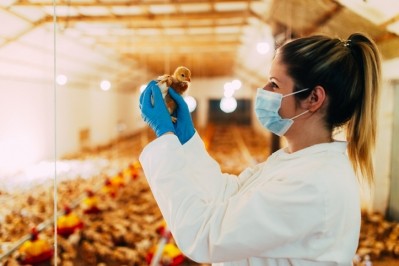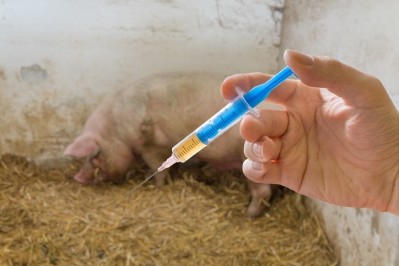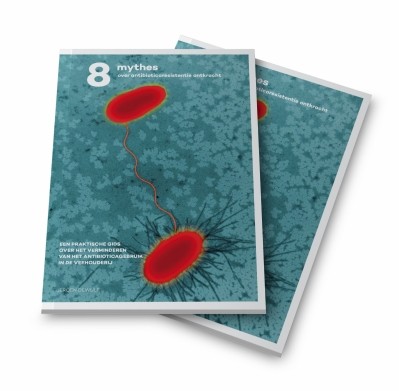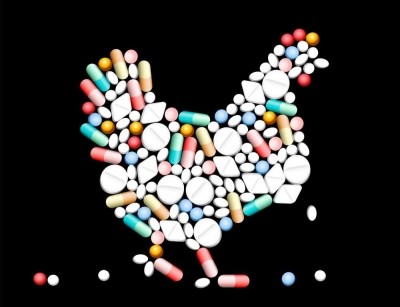EU antimicrobial resistance research needs focus on animal nutrition, says feed industry body
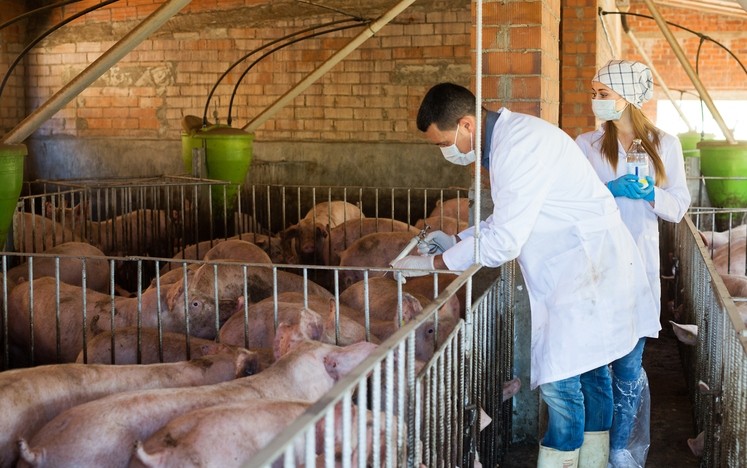
Meeting for the second time in early February, the EU’s One-Health Network on antimicrobial resistance (AMR) mapped out the next stages in its AMR Action Plan, with R&D looming large among its core priorities.
But while the risks appear to be understood, the potential role that nutritionally optimised feed could play in this is receiving relatively little attention, according to the European Feed Manufacturers’ Federation (FEFAC).
As deputy general secretary, Arnaud Bouxin, explained to FeedNavigator, the EU has already channelled significant sums over the past two or three years towards R&D and innovation aimed at combating AMR. “But the funds allocated to animal nutrition science unfortunately only represent a very small percentage of the total. FEFAC believes that the potential for animal nutrition science to enhance animal health, and thereby reduce AMR, warrants more investment in public research.”
In general terms, the EU’s AMR action plan recommends joint R&D/innovation work in areas such as new antimicrobials, alternatives, vaccines and rapid diagnostic tests, among others. Better co-operation with organisations outside the EU was also necessary, the Commission suggested.
Feed sector suggestions
FEFAC has recommendations of its own, including specific projects aimed at confirming the efficacy of animal nutrition solutions. Bouxin added: “There is still a lot of knowledge to be gained to better understand the mechanisms and interactions that allow feeding strategies to enhance animal health and immunological status, especially for young animals.”
Other suggestions from FEFAC included research into the socio-economic drivers behind livestock farmers making use of nutritionally-optimised feed, as well as expert advice, regardless of the production system they follow.
Under the Horizon 2020 work programme for 2018 to 2020, some €192M has been committed to AMR, said the Commission, with calls for proposals in a number of areas. Delegates at the February meeting were told that €95M of this total had been earmarked for the development of new antimicrobials and alternatives. Another tranche of €30M had been set aside for work on data mining to facilitate the early detection of disease threats and resistant pathogens.
Infectious diseases R&D
Separately, the InnovFin Infectious Diseases (ID) fund has been set up jointly by the European Investment Bank and European Commission. InnovFin ID provides loans for R&D around infectious diseases.
The Commission is prioritising the global research agenda, too. The Joint Programming Initiative on AMR (JPIAMR) has already expanded to include Egypt, India and South Africa.
The Commission adopted its new AMR Action Plan in June 2017, building on a previous plan which ran from 2011 to 2016. The new strategy has three main ‘pillars’: making the EU a best-practice region; boosting research, development and innovation; and shaping the global agenda.
Because the relevant tranche of the Horizon 2020 funding has not been awarded yet, research consortia are still being kept confidential. But when asked, FEFAC did not deny that it could be involved in one such consortium.
